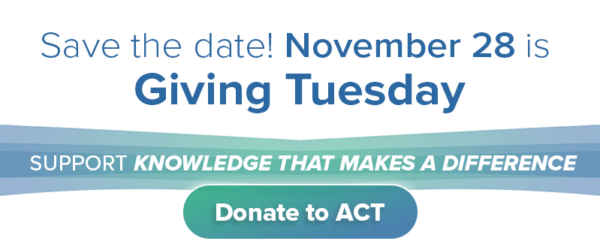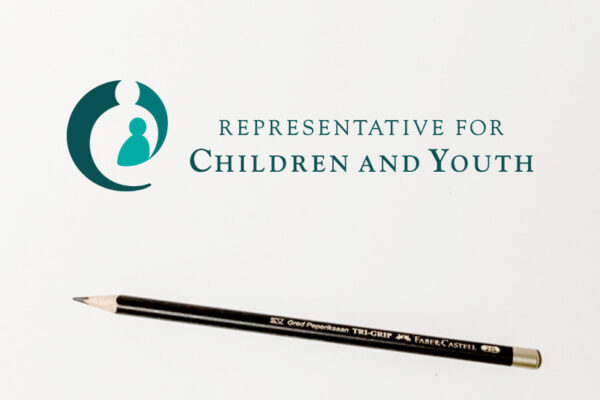Thank you to everyone who has made 2023 a success!
Our gratitude goes to everyone who donated to us in 2023! We are very grateful for our volunteers who spent their time to support ACT’s work – we could not have done it without you! A special thank you to our board of directors, supporters, event speakers, our members, and newly formed Autistic Advisory… Continue Reading
Giving Tuesday is just around the corner, and we’re eager to hear from you!
It is difficult to believe that it has been one year since I began the role of Executive Director. Since then, our small but mighty team has accomplished great things and achieved many milestones. In 2023, we hosted several presenters including Amy Weatherby; Michelle Garcia Winner & Pamela Crook; Ross… Continue Reading
Your Voice Matters! 2023 CYSN Check-in
The Representative for Children and Youth is asking for your response to a survey that will inform a report that will be released in early 2024. Many families across BC have not yet had a chance to complete the check-in. The survey is being kept open until November 30.
New Video: Physiothereapy & Autism
Join Jessica and Taylor from Kids Physio Group for our latest ACT Chats presentation on how physiotherapy can benefit some autistic kids. Learn what caregivers can watch for as autistic kids develop, what to expect when starting physio, and how they make physio fun for kids of all ages and… Continue Reading
News Round-Up: Travel, Parenting, Canada Disability Benefit, and more
ACT carefully sources insightful stories, ranging from research and government policy, to the world of entertainment, culture, and lifestyle.




